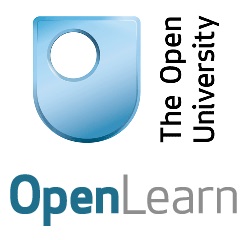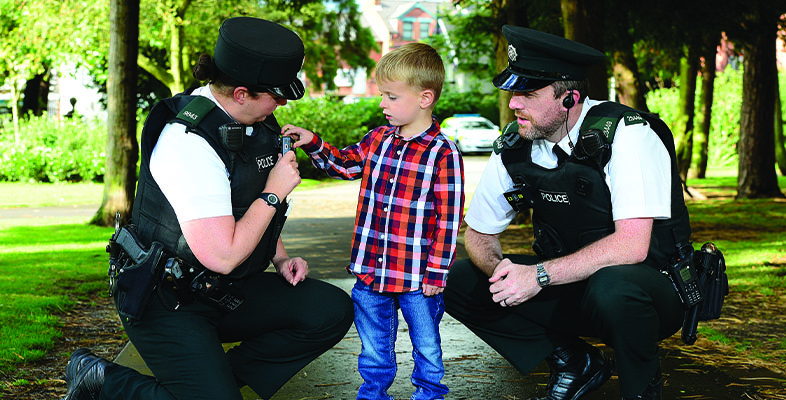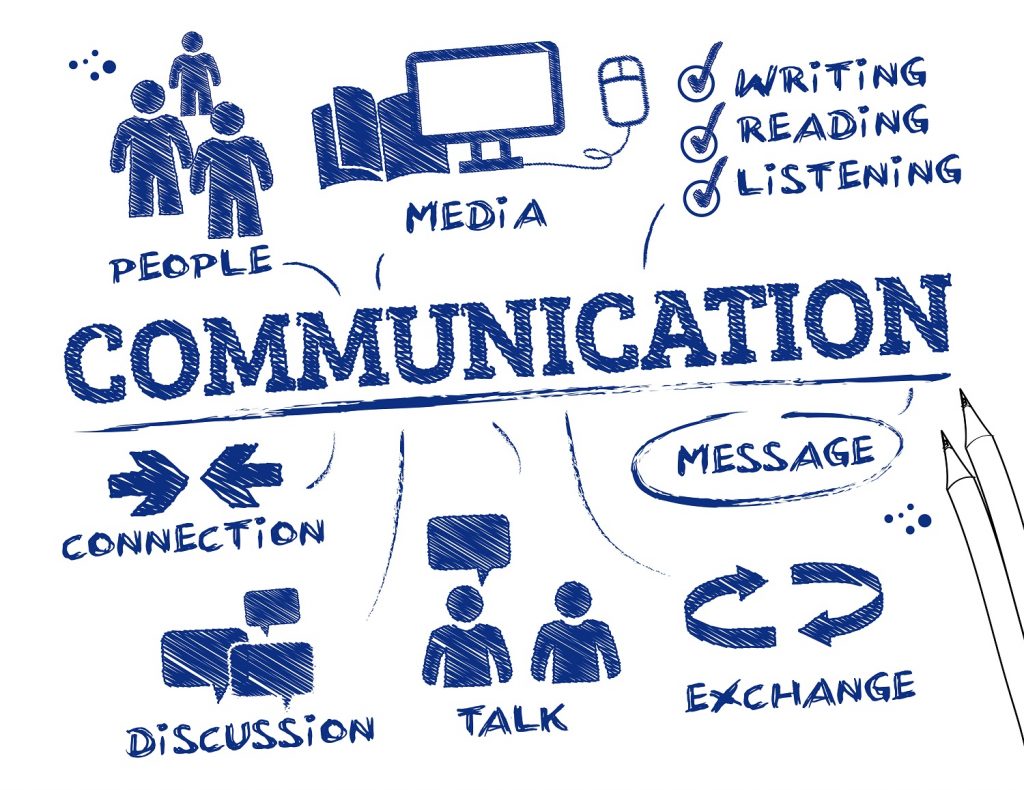Sure, I know how to talk to people!

OpenLearn Review
Location
Online(Course Link)
Dates
On Demand
Course Categories
Personal Development
Certficate
Yes(Statement of Participation)
Language
English
Course Fees
FreeNo. of Attendant
Unlimited
Acquired Skills/Covered Subjects
- understand the principles of a psychological model about rapport,identify interpersonal behaviours using the model,avoid maladaptive responses using the model
| Provider Name | OpenLearn |
|---|---|
| Training Areas |
|
| Website | http://www.openuniversity.edu/ |
| About The Provider |
Since its launch in 2006, OpenLearn has become an integrated part of The Open University, with the site attracting more than 69 million visitors – many of which go on to make an enquiry about becoming a formal student, strengthening the journey between informal and formal learning. The OpenLearn team originate, commission and develop content that unites faculty and University priorities with areas of topical and general interest. This is in support of our own student population in their academic, skills and career and personal development (CPD) endeavours, delivering quality assets openly available for teaching and learning. OL deliver bite-sized learning experiences designed to fit easily into daily life, so whether you're a busy parent looking to get promoted at work, or back-packing across Africa and wanting to increase your learning, we are open with no requirements to access our free materials. Some of OL academic-led content includes: |
This free course is one in a series focusing on leadership, decision-making and communication in the context of policing within the community. This particular session focuses on communication skills and specifically looks at how to build rapport and get the most out of conversations in community settings. It introduces a psychological model which is a useful way to think about how to develop rapport, and allows you to plan for, and reflect on, your everyday interactions in order to build rapport effectively. It focuses on conversations that might be considered ‘difficult’, and encourages effective listening and effective diagnosis of interpersonal behaviour.































